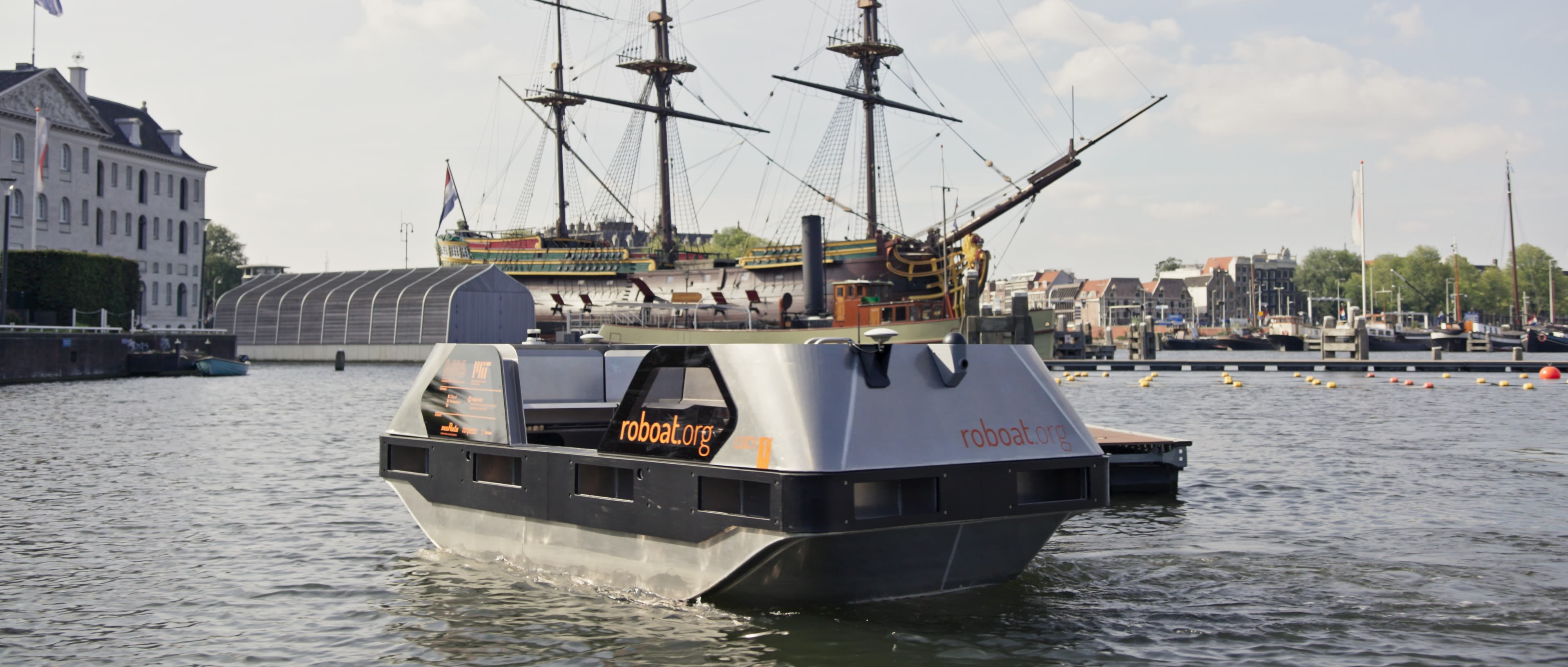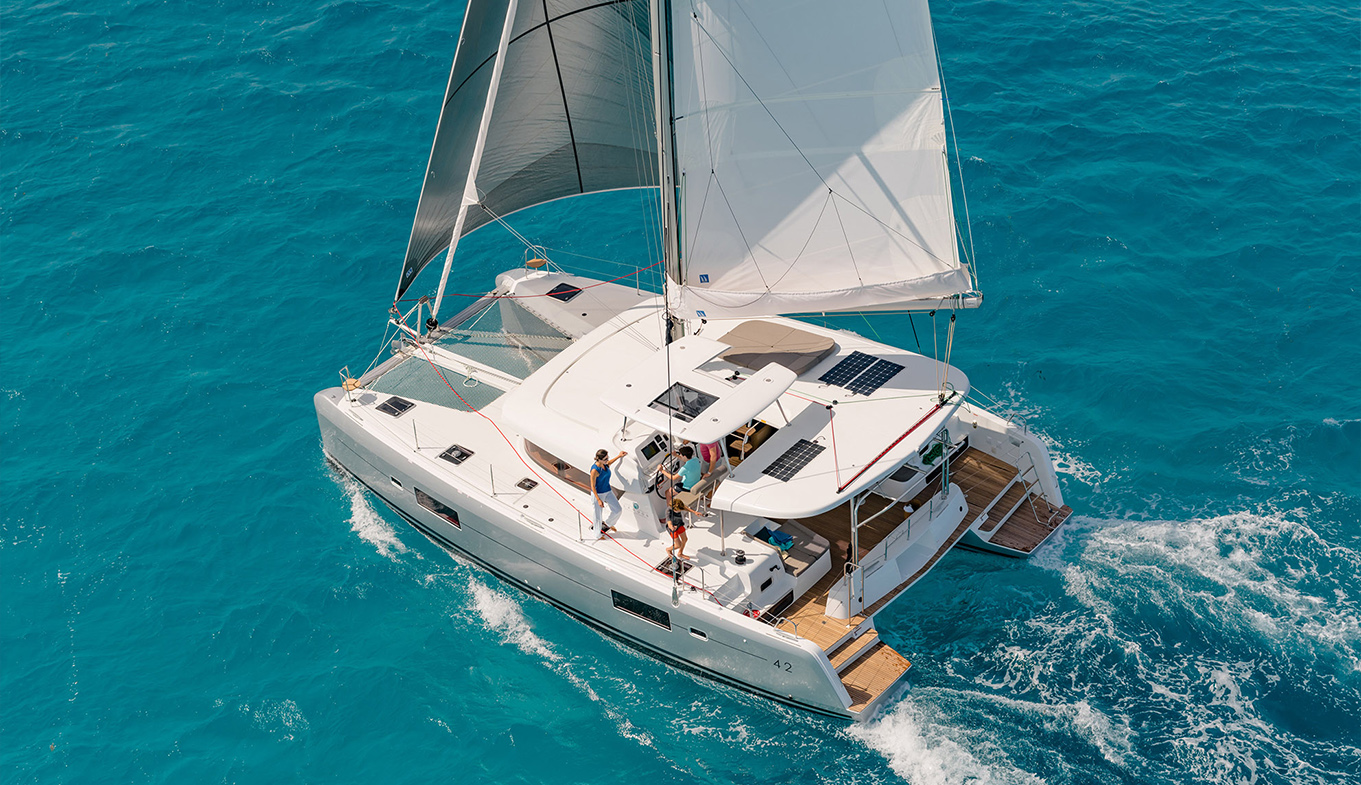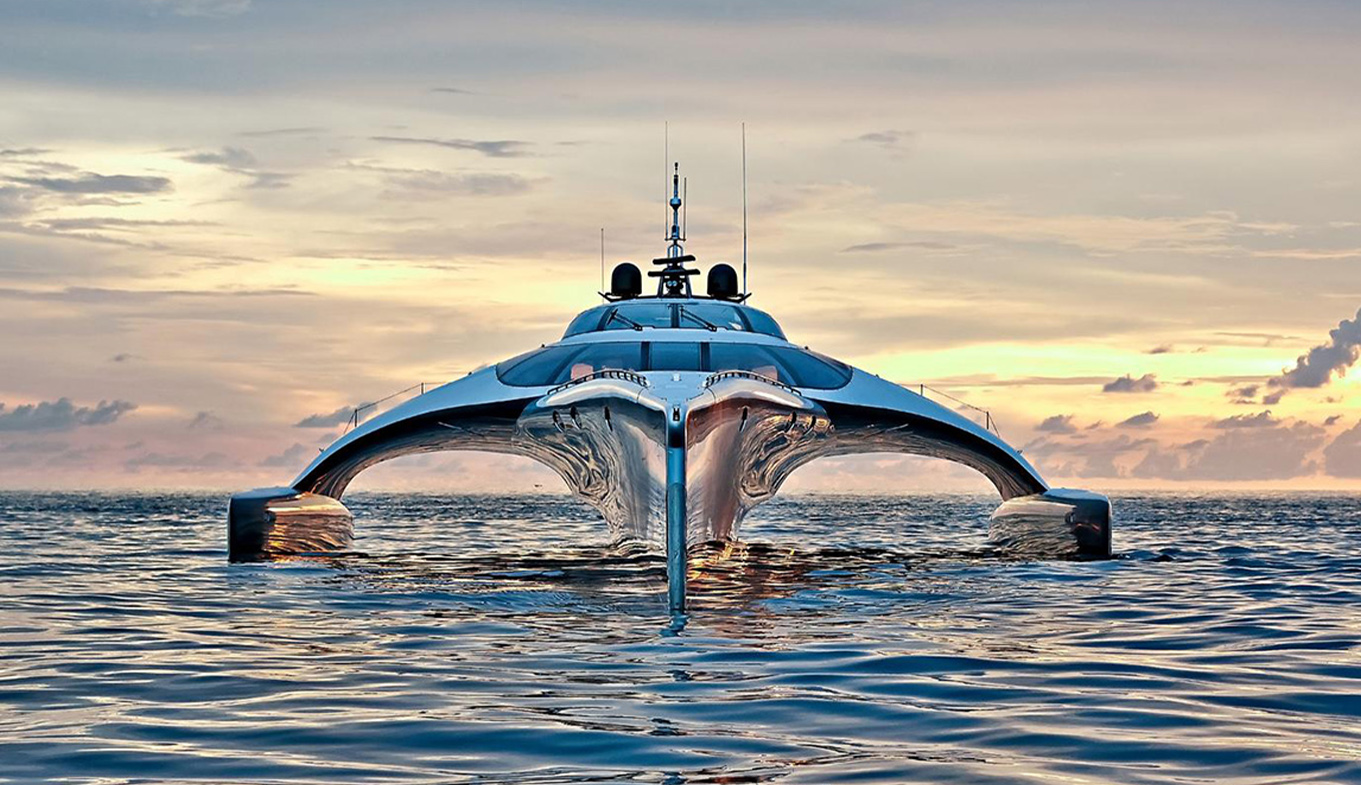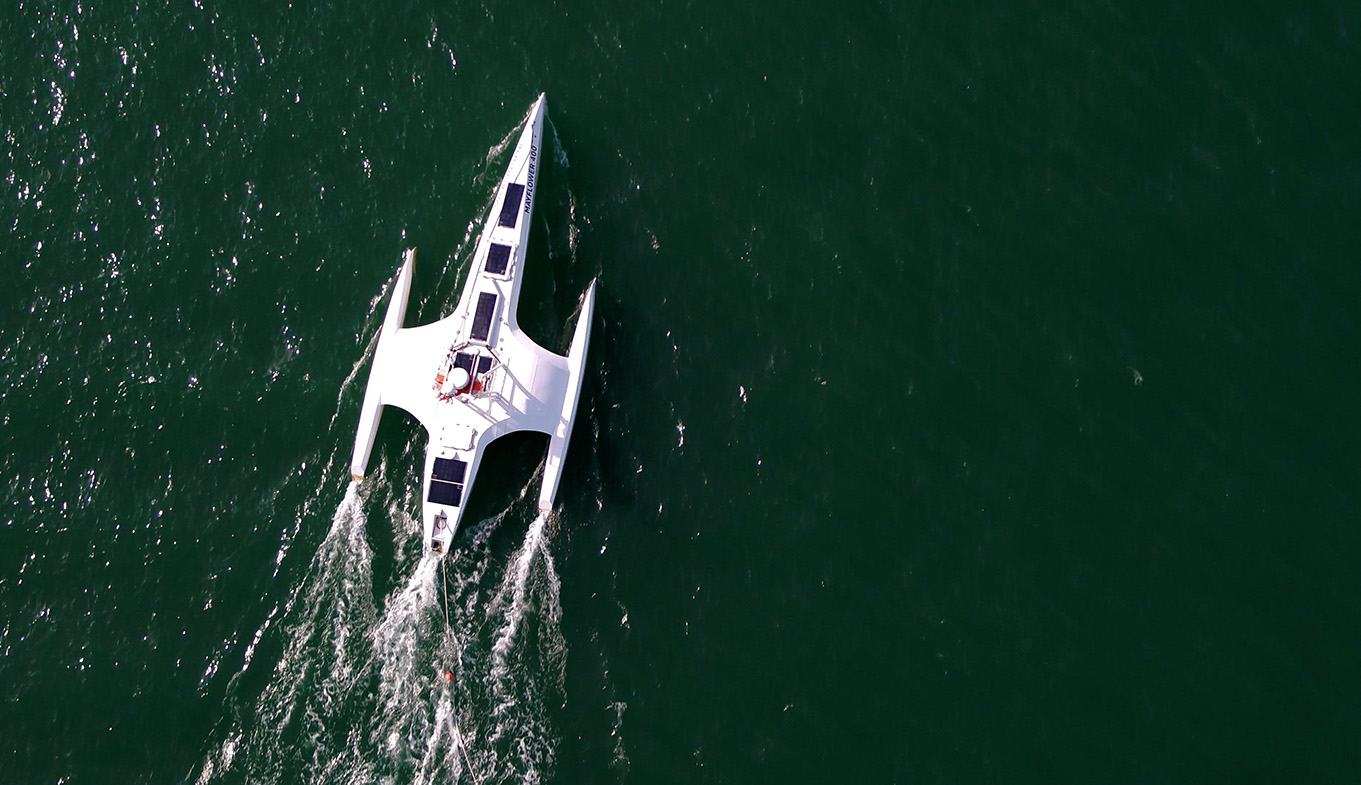Revolutionizing the Maritime Landscape
The maritime industry stands on the brink of a revolutionary transformation, propelled by the emergence of autonomous boating technology. The convergence of advancements in artificial intelligence, robotics, and sensor systems heralds the rapid approach of a new era, one where self-navigating vessels are no longer a distant dream. The MAS project, a collaboration between IBM and Promare, has already demonstrated the potential of this technology with the development of an autonomous research vessel that successfully crossed the Atlantic Ocean. This project aimed to showcase the capabilities of autonomous technology in marine research and environmental monitoring, and it succeeded admirably. These autonomous boats hold the promise of not just enhancing safety, efficiency, and ecological sustainability but also of reshaping the very fabric of various sectors. From commercial shipping and recreational boating to environmental monitoring and military operations, the potential of this cutting-edge technology is vast and inspiring.
Technological developments in autonomous boating are advancing rapidly, with several cutting-edge innovations transforming the industry. The current state of autonomous boating technology includes sophisticated navigation systems, artificial intelligence (AI), and advanced sensors that enable precise and reliable operation. Groundbreaking innovations such as AI-driven navigation, LiDAR, computer vision, and robotics are pushing the boundaries of what autonomous boats can achieve, enhancing their ability to operate independently and safely. Integrating the Internet of Things (IoT) plays a crucial role, providing smart connectivity and real-time data processing that further enhances the capabilities and efficiency of autonomous vessels. These technological strides pave the way for a new era in maritime operations and promise significant safety improvements, reducing human error and preventing accidents. Sea Machines is a leading company in autonomous marine technology. They have developed autonomous control systems for workboats, allowing tasks such as remote command, autonomous waypoint following, and collaborative operations. Their systems are used in surveying, environmental monitoring, and offshore operations.

Autonomous boats' potential uses and applications span diverse industries, promising significant advancements and benefits. In commercial shipping, autonomous boats can revolutionize the industry by improving efficiency, reducing costs, and enhancing safety measures. Recreational boating also stands to gain, with autonomous technology offering a new level of convenience and safety for leisure boaters. Environmental monitoring is another critical application, as autonomous boats can be deployed to track marine life, collect ocean health data, and study climate change's impacts. These vessels can also be crucial in search and rescue operations, providing quick and efficient emergency responses. Regarding military and defense, autonomous boats are valuable for surveillance, reconnaissance, and mine detection, significantly enhancing operational capabilities and safety. The potential for autonomous boating technology to enhance environmental sustainability is particularly inspiring, with reduced emissions, improved fuel efficiency, and minimized human impact on marine ecosystems.
The economic and societal impact of autonomous boating is profound, offering a mix of advantages and challenges. Economically, autonomous boats promise significant benefits such as reduced labor costs, increased operational efficiency, and new market opportunities within the maritime industry. However, this technological shift also changes the job market, potentially displacing some traditional roles. For example, the need for manual navigators and crew members may decrease, while the demand for skilled technicians to maintain and repair autonomous systems may increase. On the other hand, it creates demand for new skills in managing and maintaining autonomous vessels and developing and improving technology. The societal impact of this technology is equally significant, as it has the potential to reshape the way we interact with the maritime environment, from leisure boating to environmental conservation and emergency response. This transformative potential underscores the importance and relevance of autonomous boating technology in our lives.
Environmental and safety considerations are central to developing and deploying autonomous boating technology. These vessels offer substantial environmental benefits, such as reduced emissions, improved fuel efficiency, and minimized human impact on marine ecosystems. By leveraging advanced technology, autonomous boats can significantly enhance safety on the water, reducing human error and preventing accidents. However, implementing this technology raises important ethical considerations. For instance, in critical situations, the decision-making process of autonomous boats needs to be transparent and accountable. This could involve issues such as the prioritization of human life over marine life in emergency situations, or the potential for misuse of autonomous boats for illegal activities. Addressing these moral issues is crucial for gaining public trust and ensuring the responsible use of autonomous boating technology. AutoNaut specializes in wave-propelled autonomous surface vessels (ASVs) designed for long-endurance missions, contributing significantly to environmental advancements and streamlined ecological care. These ASVs excel in oceanographic data collection, marine monitoring, and environmental research applications, playing a crucial role in understanding and preserving marine ecosystems.
Similarly, ASV Global has developed autonomous surface vessels (ASVs) with advanced navigation, sensor, and communication systems that enhance environmental stewardship. These vessels are utilized for hydrographic surveying, offshore asset inspection, and maritime security, promoting sustainable practices and minimizing environmental impact in maritime operations. Together, these innovations in autonomous boating technology improve efficiency and safety and prioritize ecological conservation, making strides towards a greener and more sustainable maritime industry.
Future trends and predictions for autonomous boating indicate significant market growth and increasing adoption rates driven by key players in the industry. For instance, a recent market research report shows that the global autonomous ships market is projected to grow at a CAGR. Technological evolution is expected to continue rapidly, with advancements in artificial intelligence, sensor technology, and autonomy levels enhancing the capabilities of autonomous boats. These advancements will not only improve performance but also expand potential applications. Furthermore, autonomous ships are set to play a crucial role in innovative city initiatives, integrating seamlessly with intelligent ports and maritime infrastructure to create more efficient, sustainable, and interconnected urban environments. This synergy between autonomous boating technology and smart city development promises to transform the marine landscape in the coming years.
Case studies and real-world examples are pivotal in advancing autonomous boating technology. These case studies showcase success stories where autonomous boats have been effectively deployed, demonstrating their potential and benefits in practical applications. They provide valuable insights into how autonomous ships are being used to enhance efficiency, safety, and sustainability across various sectors. Rolls-Royce partnered with Finnish ferry operator Finferries to conduct trials with autonomous ferries. The trials included autonomous navigation and collision avoidance systems, demonstrating the feasibility of autonomous ferries in real-world maritime environments. Additionally, these real-world examples offer lessons learned from early implementations, shedding light on the challenges faced and the innovative solutions developed to overcome them. Such experiences are crucial for guiding future advancements and ensuring the successful integration of autonomous boats into the maritime industry.

From a consumer perspective, understanding public perception and acceptance of autonomous boating technology is crucial for widespread adoption. Autonomous boats have the potential to significantly enhance the consumer boating experience by offering unparalleled convenience, improved safety, and innovative functionalities. However, analyzing the cost and accessibility of these advanced vessels for the average consumer is essential, as potential barriers to adoption could include high initial costs and limited availability. Additionally, concerns about the reliability and safety of autonomous systems, as well as the potential for job displacement, may also hinder widespread acceptance. Addressing these challenges will ensure that autonomous boating technology's benefits are accessible to a broader audience, fostering greater acceptance and integration into everyday use. Public perception and acceptance of this technology are critical factors in its successful integration into the maritime industry. To this end, conducting public awareness campaigns and engaging with stakeholders can build trust and understanding.
Technological partnerships and collaborations are the driving force behind significant innovation in autonomous boating. Kongsberg Maritime has been involved in developing autonomous technologies for maritime applications. They have collaborated with several partners to deploy autonomous systems for subsea inspections, oceanographic research, and offshore operations. The key collaborations between technology companies, maritime industries, and research institutions are not just crucial. Still, they are a testament to the shared vision and commitment to advancing autonomous boating technology. Cross-industry innovations, particularly advancements from the automotive and aerospace sectors, influence autonomous boating technology, introducing new capabilities and efficiencies. Additionally, government initiatives and private sector investments are vital in advancing these technologies, providing the necessary funding, support, and regulatory frameworks to foster growth and development in the autonomous boating industry. This collaborative spirit propels the industry forward and ensures the continuous evolution of autonomous boating technology.














